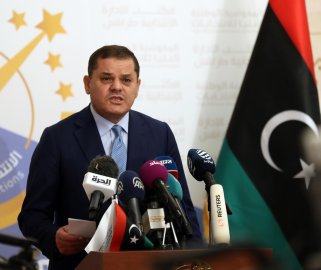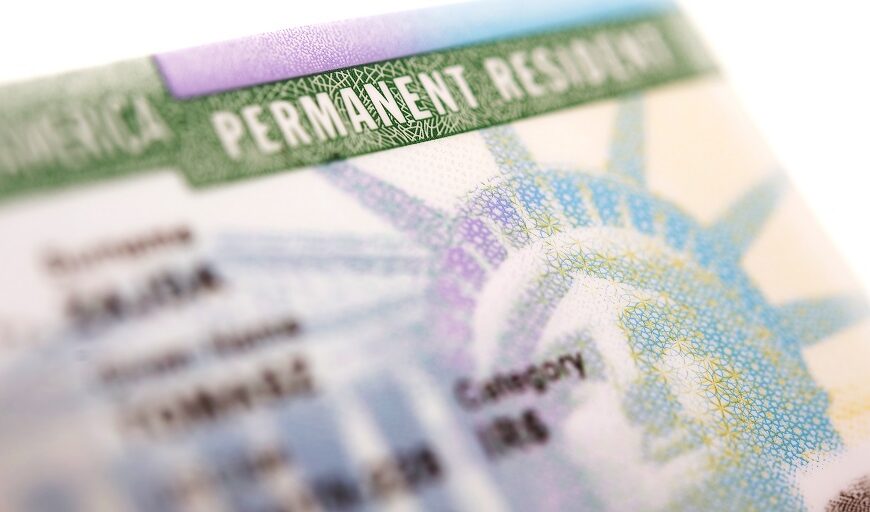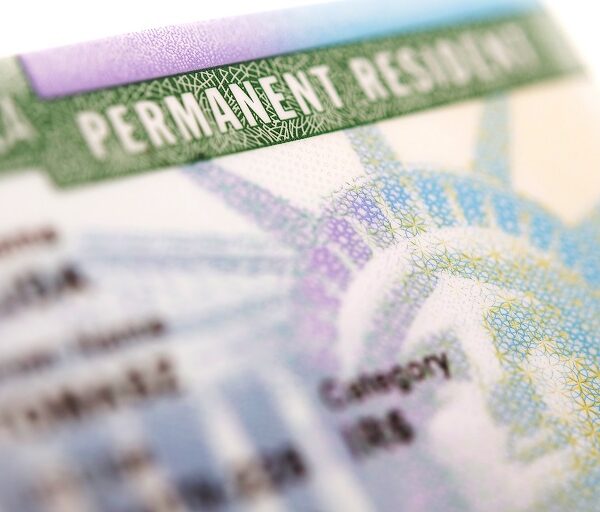EU Ambassador Pledges Support During Meeting with Libyan Prime Minister
In a significant diplomatic engagement, the European Union (EU) Ambassador to Libya recently met with the Libyan Prime Minister. This meeting underscores the EU’s commitment to fostering stability in the region and supporting Libya in its ongoing political and economic challenges. The discussions aimed to strengthen bilateral relations and explore avenues for cooperation.
Context of the Meeting
Libya has faced a tumultuous journey since the fall of Muammar Gaddafi in 2011. The nation has been mired in conflict, political instability, and economic strife. Various factions have vied for power, leading to a fragmented political landscape and humanitarian crises. In recent years, the international community, particularly the EU, has taken steps to engage with Libya to promote peace, stability, and development.
During the meeting, the EU Ambassador highlighted the importance of a unified governance structure in Libya. The ambassador expressed the EU’s readiness to support the Libyan government in achieving its objectives, emphasizing the necessity of collaborative efforts to address the multifaceted challenges that the country faces.
Key Areas of Support Discussed
The dialogue between the EU Ambassador and the Libyan Prime Minister focused on several key areas where the EU can lend its support:
- Political Stability: The EU reiterated its commitment to supporting Libya’s transition to a stable and democratic governance framework. The ambassador emphasized the importance of holding fair and inclusive elections to legitimize the government and restore public trust.
- Economic Development: The discussions included strategies to revitalize the Libyan economy, which has been severely impacted by years of conflict. The EU offered to assist in economic reforms that would foster investment and create job opportunities for Libyans.
- Humanitarian Assistance: Recognizing the pressing humanitarian needs in Libya, the EU Ambassador committed to providing humanitarian support to address food security, health care, and essential services for those in need.
- Migration Management: The EU aims to enhance cooperation with Libya on migration issues, focusing on the management of migration flows and providing support to migrants and refugees in the country.
Importance of EU-Libya Relations
The relationship between the EU and Libya is crucial for several reasons. Firstly, Libya’s geographical position makes it a significant player in the Mediterranean region. The stability of Libya directly affects migration patterns and security in Europe. A collaborative approach can lead to better management of migratory flows and enhance border security.
Secondly, the EU has a vested interest in Libya’s natural resources, particularly oil and gas. Strengthening the relationship can pave the way for mutually beneficial economic partnerships that promote energy security in Europe while supporting Libya’s economic recovery.
Lastly, the EU’s involvement in Libya symbolizes a commitment to international cooperation and humanitarian principles. By supporting Libya, the EU reinforces its role as a global actor dedicated to peacebuilding and development.
Challenges Ahead
Despite the positive outlook following the meeting, several challenges remain in the EU-Libya relationship:
- Political Fragmentation: The ongoing political divisions within Libya make it challenging to implement effective governance and reforms. Various factions must come together to form a cohesive strategy for the country’s future.
- Security Concerns: The presence of armed groups and ongoing violence poses significant risks to stability. Ensuring security is paramount for any developmental initiatives to be successful.
- Public Trust: Rebuilding public trust in governmental institutions is essential. The Libyan government must demonstrate its commitment to addressing the citizens’ needs and concerns.
Conclusion
The meeting between the EU Ambassador and the Libyan Prime Minister marks a pivotal moment in the EU’s engagement with Libya. The commitment to support the Libyan government in political, economic, and humanitarian spheres reflects a proactive approach to fostering stability in the region.
As Libya navigates its complex challenges, the support from the EU can play a crucial role in promoting peace, development, and prosperity. Strengthening this relationship will require ongoing dialogue, collaboration, and a shared vision for a stable and prosperous Libya. The future of Libya depends not only on its leaders but also on the support and cooperation of international partners like the EU. By working together, they can pave the way for a brighter future for the Libyan people.







